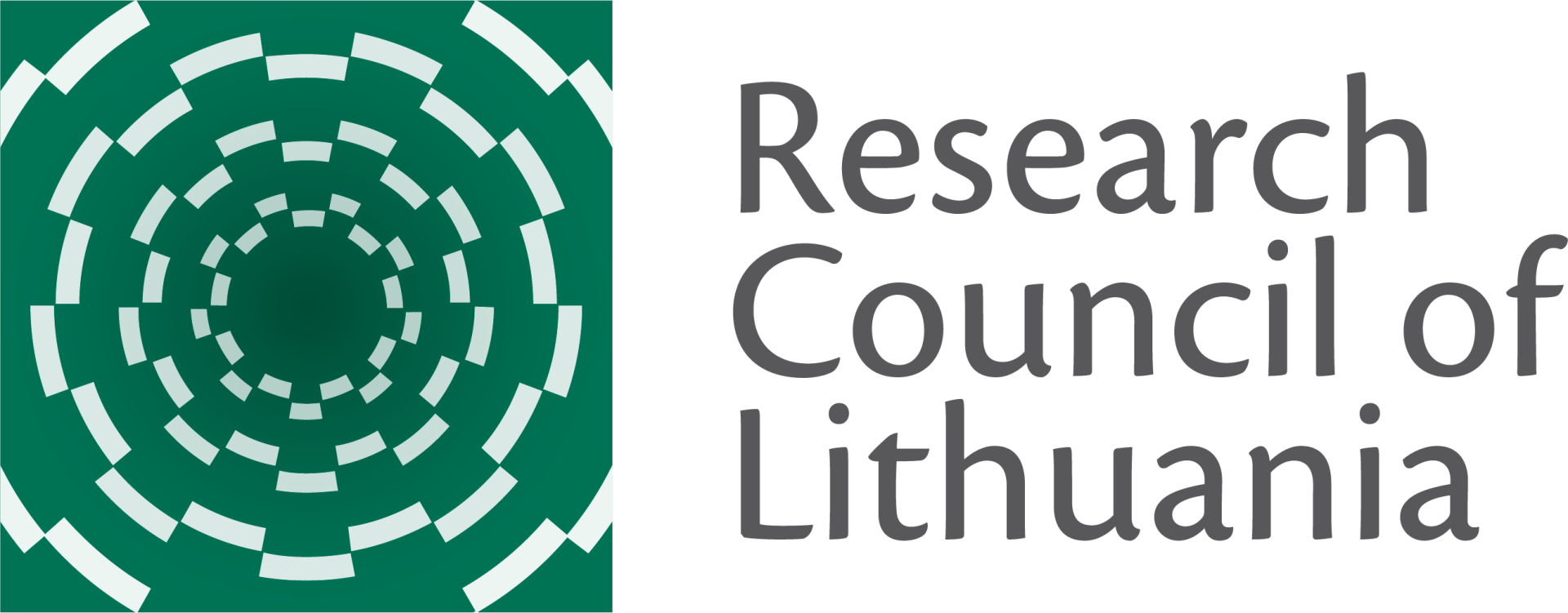Project idea
The MEPOST project explores differences in public discourses on deindustrialization during the post-socialist transition in Lithuania and Poland. While both nations underwent democratization, market reforms, and a "return to Europe" following the USSR's collapse, their narratives of (de)industrialization differ significantly. In Lithuania, industrialization is associated with Soviet occupation and colonialism, making the memory of socialist modernization and post-socialist deindustrialization both complicated and rarely present in public discourse. In contrast, Poland viewed its industry as its own but exploited by Moscow, with Solidarity – a workers’ and national anti-communist movement – remaining central to its cultural memory and being one of the most widely studied social movements in the world.
MEPOST examines the collective memory of transformation and (de)industrialization in both countries by focusing on moral emotions in the communicative memory of former industrial workers and in the cultural memory conveyed by museums and other institutions dedicated to preserving the socialist industrial heritage. Recent interdisciplinary research has shifted to studying the "long transformation" from the 1970s onward, incorporating emotional dimensions and comparative analyses. Building on this, MEPOST introduces the concept of mnemonic emotion narratives – stories expressing moral emotions about past events or processes – to identify social norms embedded in memory.
To conduct a comparative study of the communicative memory of former industrial workers in Poland and Lithuania, the project will analyse two large collections of biographical interviews, which come from research conducted at Warsaw University and Vilnius University over the past 15 years. The analysis of cultural memory will be conducted through field research at museums and other sites involved in the preservation of industrial heritage, and through in-depth interviews with curators, heritage specialists and activists of industrial memory. Both parts of the research will uncover mnemonic narratives of emotions regarding the time of transformation. These narratives will be compared and interpreted in the broader context of transnational, national and local dimensions of memory. The results will be published in international peer-reviewed journals, consulted with museum professionals, presented at international scientific conferences and used in academic classes. In this way, MEPOST will contribute to a broader discussion of the complex memory of deindustrialization of the past in Lithuanian and Polish societies.
Participating institutions
University of Warsaw (Poland); Vilnius University (Lithuania).








